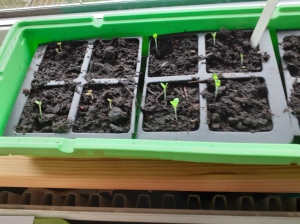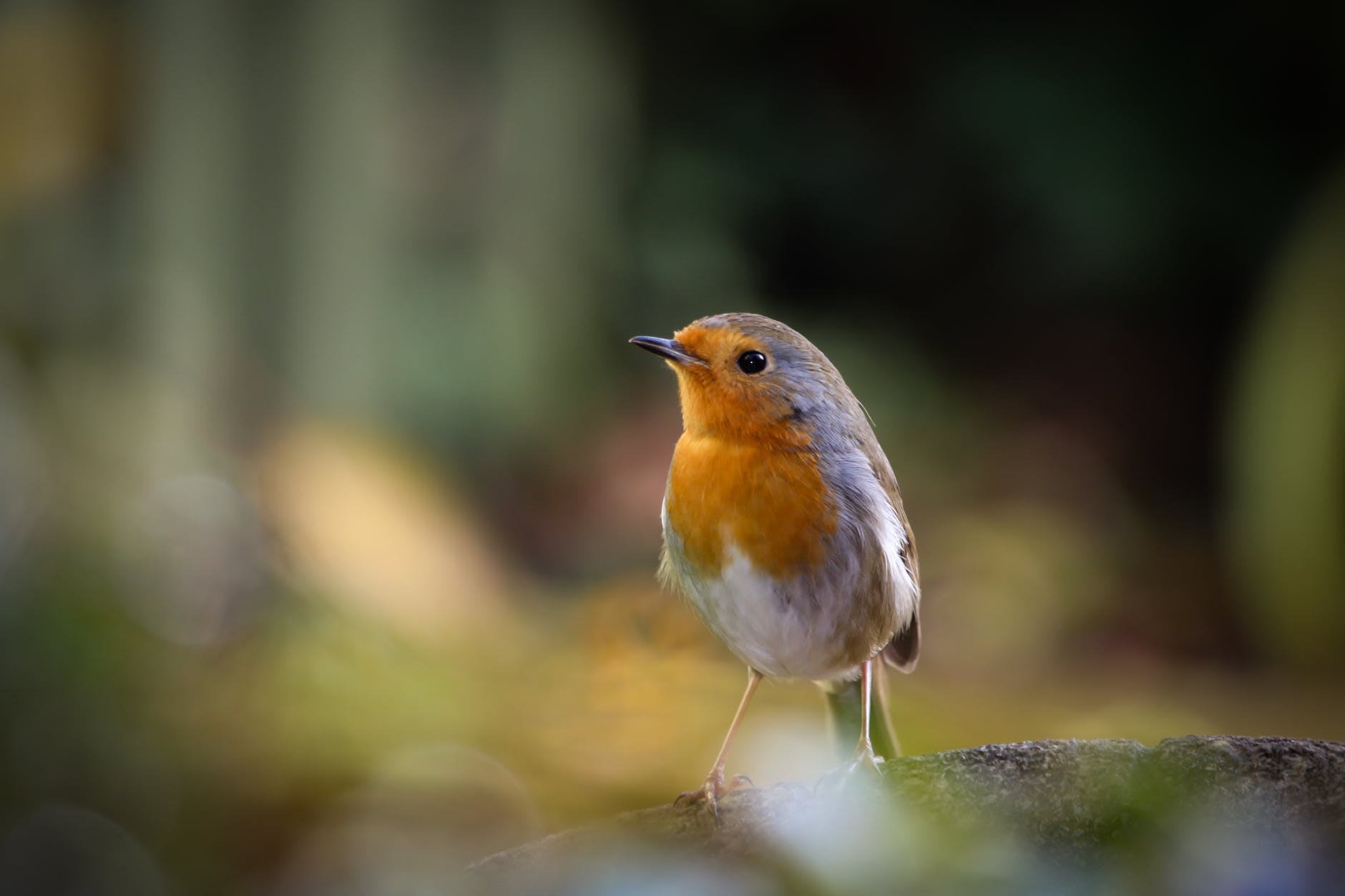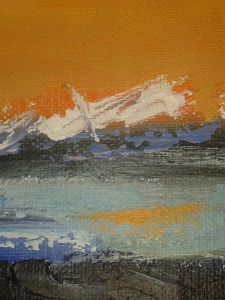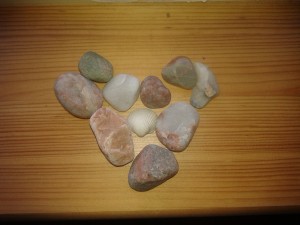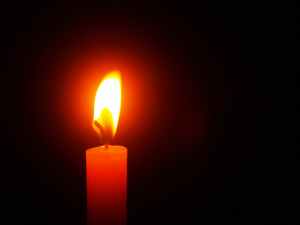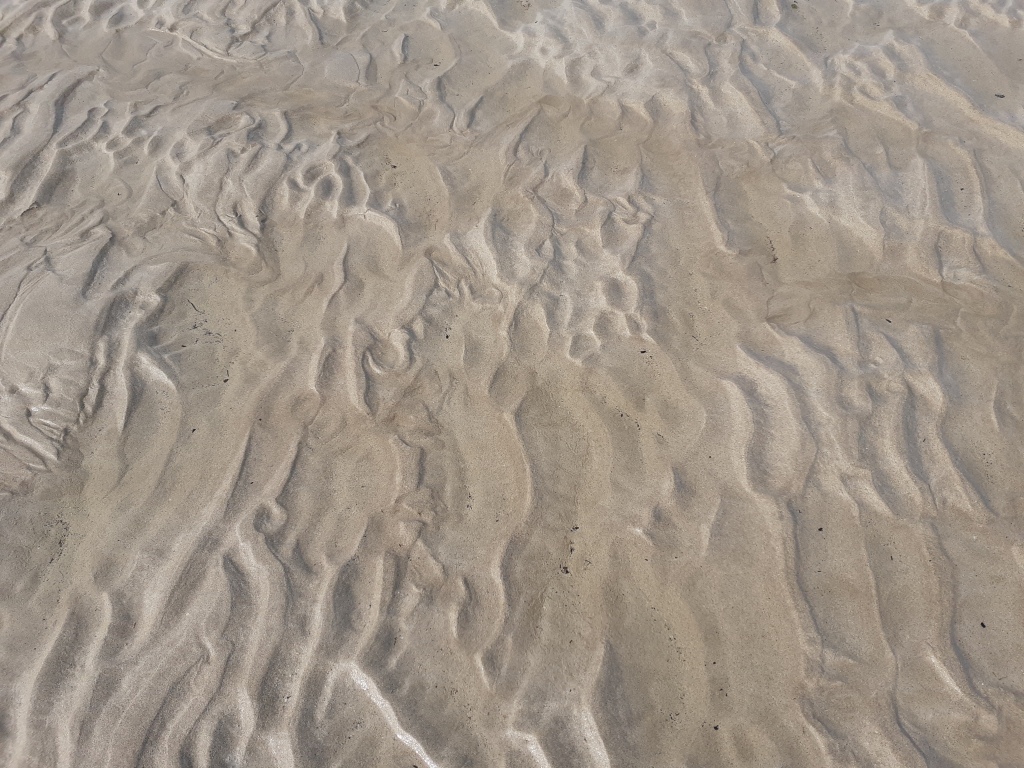
I wrote this blog post several months ago just after the events described in the post. I didn’t post it because I was just so exhausted. If you read the post, you’ll understand why. And then I got busy. And then there were other priorities.
So here we are. I give you the question, Is God Bonkers?
That’s the thought which was going through my head recently, or if I’m really honest with myself it was more like, God is bonkers.
I had been dreading Lent this year, not knowing what to give up or how to mark it. Due to various food sensitivities it seemed like I was already giving up all of the usual suspects like coffee and alcohol and even sugar. What more could I do? Finally, the thought came to me and it seemed to fit: this year, I’ll give up anxiety.
I notice that I have a tendency, like many people, to talk about anxiety as if it belongs to me. ‘My anxiety went through the roof when such and such happened’, I might say. Perhaps this is because it has become such an ingrained part of me that it feels like a limb or an arm, something attached to me which makes itself felt at regular intervals. How could I give it up? Did I have any control over it?
I decided that if I got anxious about something, I would do what I could, say a prayer and let go. Sounds simple doesn’t it. Probably as simple as riding a bike when you are four years old and see all your friends mastering this feat of balance, but when you try it you fall off again and again and again.
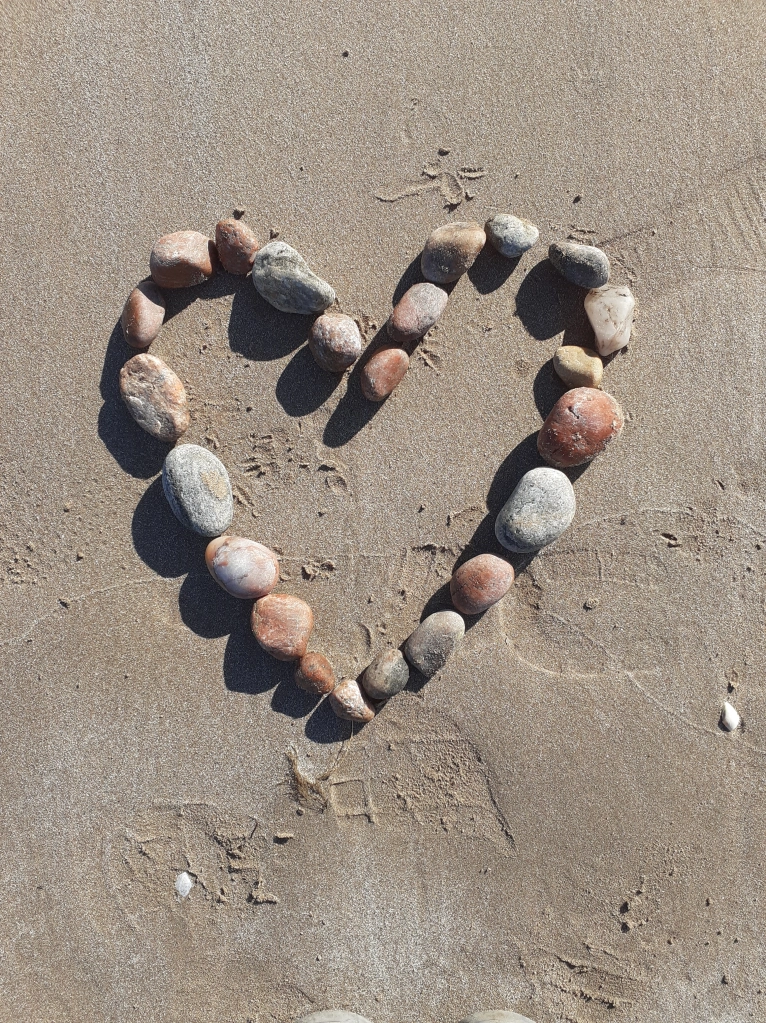
My decision to give up anxiety was severely tested on Ash Wednesday when a neighbour came round to complain about something which one of my children may or may not have been involved in. I stayed calm, but over the next week or two my anxiety rose as I heard rumours and counter rumours and did not know where the truth lay.
Anxiety creeps up gradually. I can recognise worry when my mind frets and comes back again and again to an issue and I can make a conscious decision to take my mind off the hamster wheel of worry. What I call anxiety is something goes on at a deeper level over which I have less control. I begin to feel helpless and as if everything is going wrong and can’t be righted and it’s all my fault in some way even though I can’t see how I can possibly do anything about it.
Despite trying to pray and even trying to let go, I had reached this point about ten days into Lent when I went to Mass and said to God, I simply can’t do any more.
That night I felt that we managed to actually have a relaxing evening as a family for the first time in a while and that the bad feelings between us dissipated. I went to bed feeling peaceful. The next morning, my son woke me by thumping on the bedroom door. Half asleep, I heard my husband get up and then yell that there was a flood.
When I came downstairs, the kitchen ceiling was caving in due to water flowing into it from the room above. Well, it wasn’t quite how I had envisaged my weekend but after a few minutes of panic, we managed to find the lever to turn off the water and began phoning plumbers. It’s very difficult to get hold of a plumber on a Saturday morning, but eventually we got hold of someone.
Next, I stupidly turned on the kitchen light to see if the electrics were working and got an electric shock. Fortunately, I was wearing rubber soled shoes. Note to self: never touch a socket if you’ve had a flood!
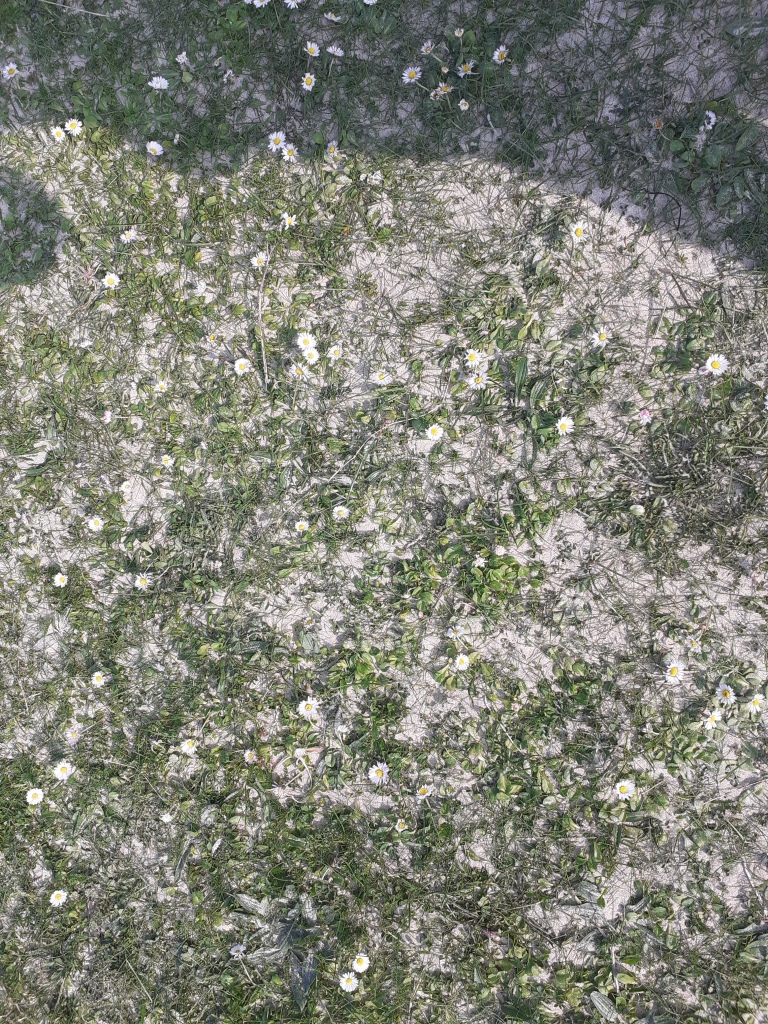
When the plumber arrived, he pointed to the huge sag in the kitchen ceiling and said, “That’s not a good sign.”
“I’m desperate for a cup of tea,” my husband said, and I realised that I could do with a cup, too. Since there was no electricity, I thought I was quite clever heating the water up on the gas stove. I had just got it boiling when the plumber climbed up a ladder and said, “I’ll see if I can let some of the water out of the ceiling.”
He poked the ceiling with a screwdriver and water began pouring down bringing with it chunks of plaster. I managed to leap back from the stove just as a large chunk dropped on top of it. Now I had had two narrow escapes.
As the day went on it became clear that the house was becoming uninhabitable. An electrician arrived, took the cover off the light switch (by now the electricity was off at the mains) and a stream of water poured out of the socket. No wonder I had got an electric shock.
As a result, of all these problems, we had to move out of our house into a temporary place for a week. Even though I now had lots of practical challenges to deal with, I found myself out of the uncomfortable situation in our street with all the rumours and counter rumours and settled in a quiet, peaceful place in another part of town. Perhaps it was an answer to prayer? If so, then the only thought which came to mind was, God is bonkers. Flooding our house to solve a problem with the neighbours seemed like total overkill.
I thought of a large man, clumsily handling a tiny kitten in a well-meaning way but accidentally hurting it, but then I thought that’s not quite the right image. God doesn’t make mistakes. So, the next image which came to me was of a large person holding a kitten firmly so that it couldn’t wriggle or scratch or possibly leap out of the person’s arms and hurt itself. I don’t know why the kitten was being held like this. Possibly it needed a vaccination, or maybe it just needed to calm down.
So I am like the kitten, in a situation where I don’t have much choice or much wriggle room, but I hope and trust that I am in God’s arms.
Looking back on what I have written here I do feel like I was looked after. We had intense disruption for a week and then everything was sorted although it was a while before my body caught up with the idea that the house was more or less back to normal.
